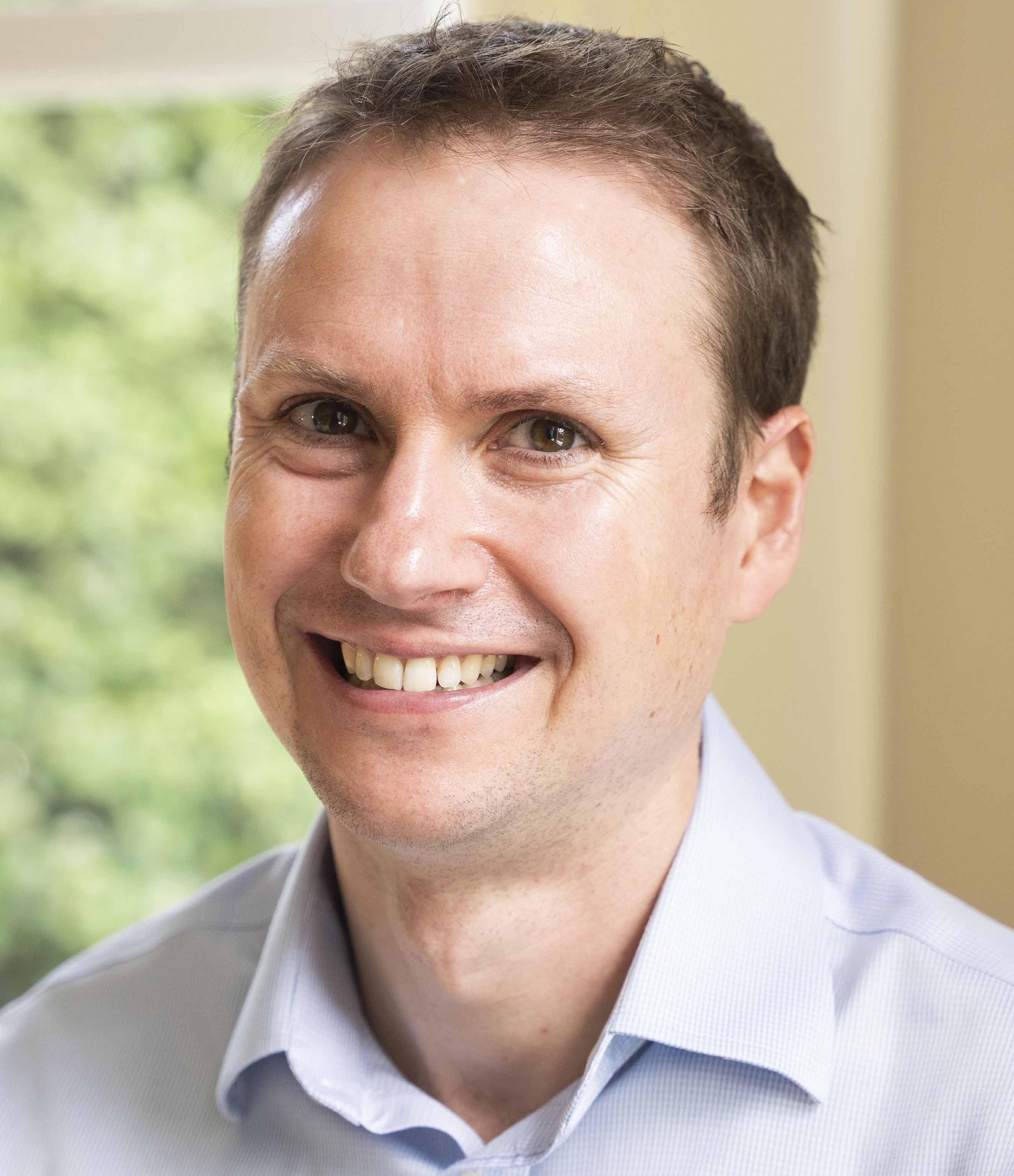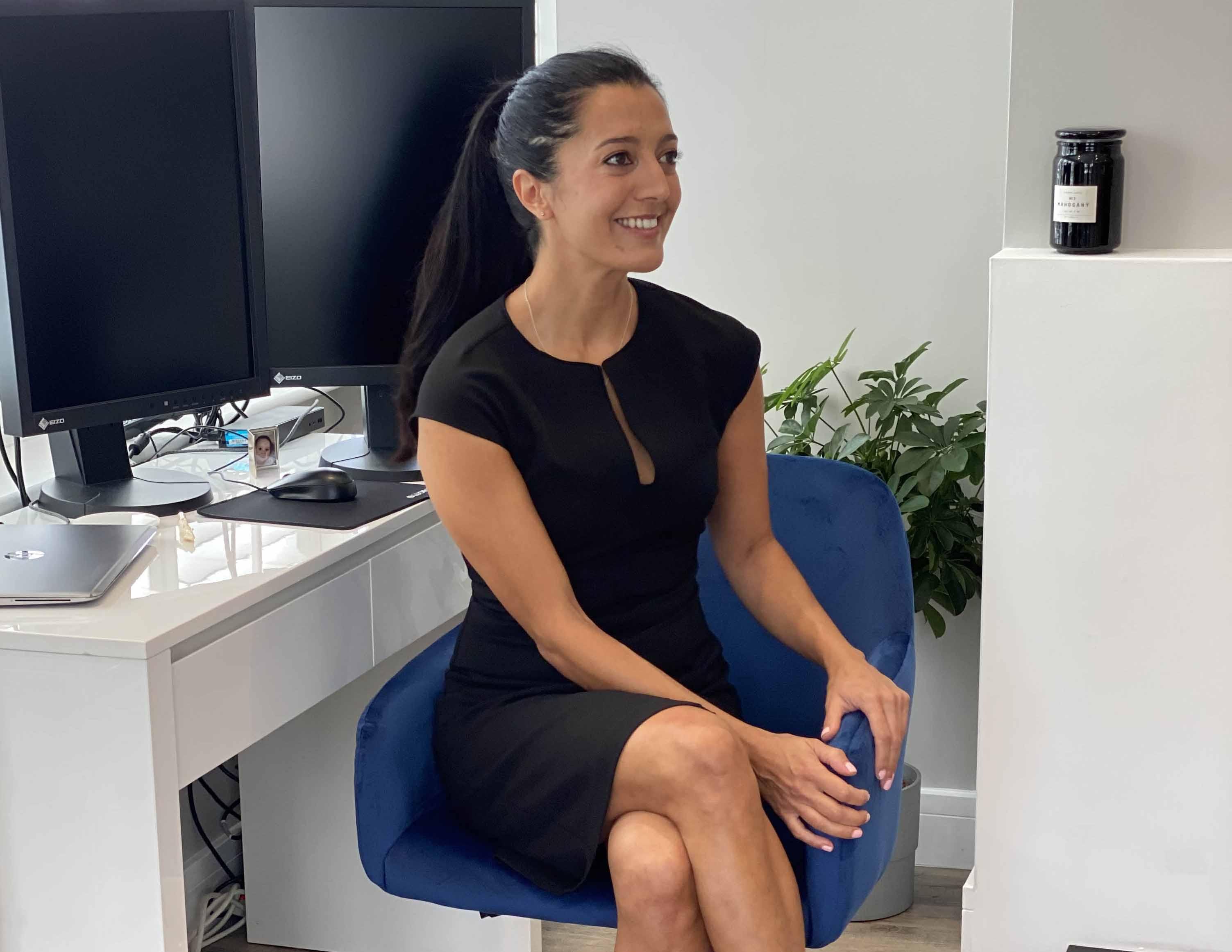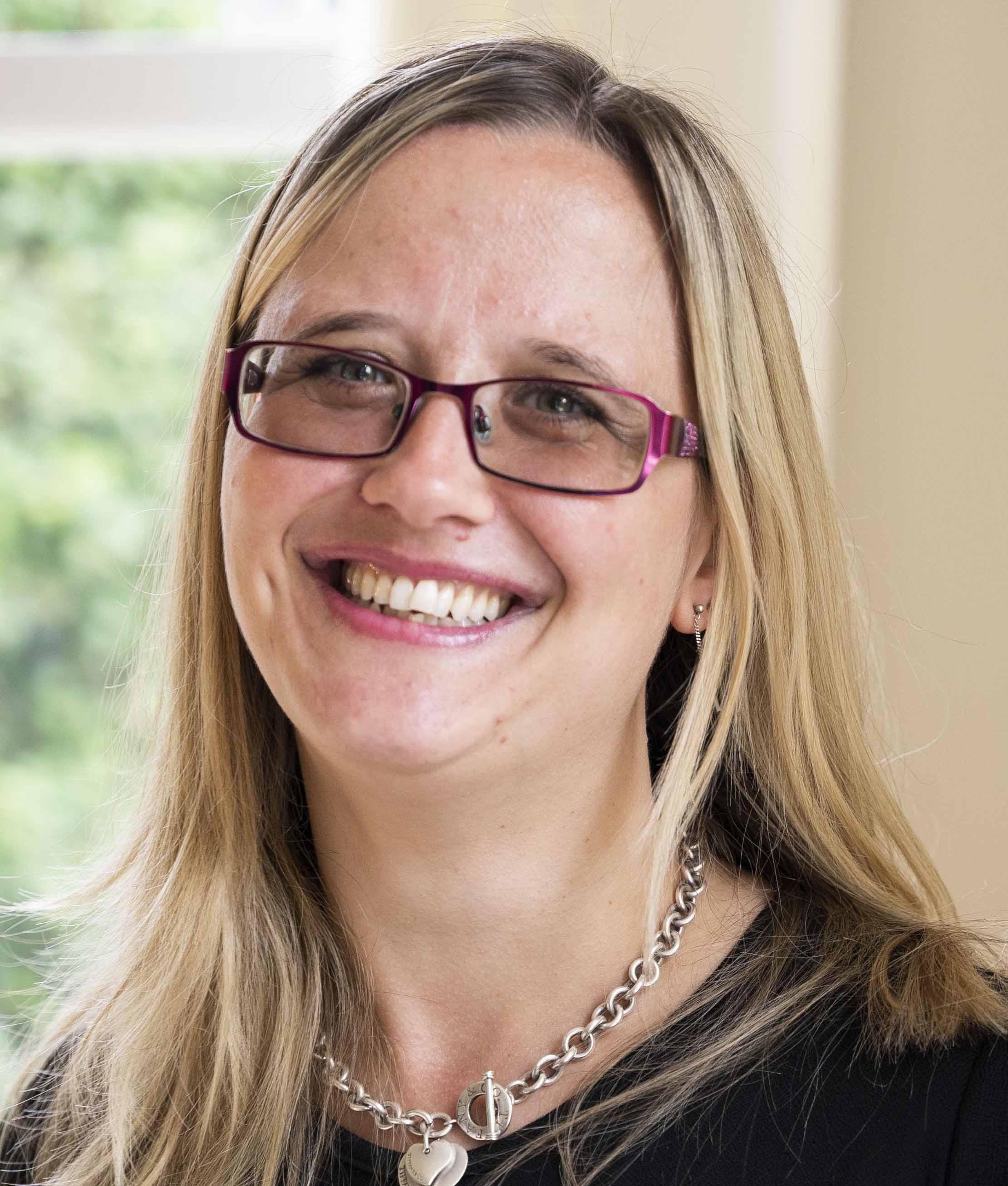Sandison Lang news
BASIS PERIOD REFORM: DO YOU KNOW THE NEW RULES?
Basis period reform (or BPR) is a new regulation that stipulates that all self-employed individuals and partnerships will have to report their business tax information to HMRC on a tax-year basis. So regardless of their accounting period, their business profits, expenses and subsequent tax calculations will run from 6 April in one year to 5 April in the following year.
The current 2023/24 tax year which runs from 6 April 2023 to 5 April 2024 is a ‘transition’ period while impacted businesses can adjust to the new tax reporting rules. This transition means some taxpayers might need to report their 2023/24 tax return for more than a 12-month period – which could create larger tax bills initially or affect cash flow.
In order to support such cases, businesses will be able to spread payments for tax bills
proportionally across the next five years.
From the 2024/25 tax year, businesses can still continue to use different accounting dates, but their taxable profits will need to be apportioned based on the new rules.

The basis period reform will pull most businesses in line as part of the introduction of Making Tax Digital which requires businesses and individuals to keep digital records and submit quarterly tax updates.
If your business is impacted by basis period reform, your accountant will work with you to assess whether a change of accounting date is appropriate, consider any cash flow implications, and make a plan for preparing your tax returns in good time. If you have any questions, please do speak with your accountant who will be happy to help.
Problems in contacting HMRC?
If you have tried to contact HMRC recently you may have been amazed to find out that the selfassessment helpline has closed for 3 months over the summer period in order to ‘improve service levels’. The VAT registration helpline was closed permanently just recently.
A recent report by the committee of Public Accounts this year found that HMRC customer service had fallen significantly since the pandemic. In 2021/22, HMRC responded to 39.5 per cent of postal mail within 15 days, compared to 70.3 per cent in 2019/20.
The average speed of answering phone calls was 6:39 minutes in 2019/20 but this doubled in a year. In addition, the average number of tax staff has fallen from 25,500 to 19,500 in five years.
Sandison Lang News Issue 29 Summer 2023 Accountants to the medical profession
29 Summer 2023 Inside this issue: How to employ younger family members for the summer
Issue
Q: My son has just left school and is looking for temporary employment. Can I take him on to help me with admin?
William Myatt writes: Provided certain criteria are met, the cost of the salary paid to your son could be an allowable deduction from the profits of your business – and keep your teenager occupied. It is important to note that the work must exist (and be suitable for his age and without risk) and justify the payment given.
In case of any subsequent audit from HMRC, it is a good idea to keep clear records about the number of hours worked, the duties involved
and the salary paid.
If your son has no other employment income, you can pay them up to £6,240 per year without having to deduct any tax or NIC. If it is above this rate, you will also need to run a monthly payroll.
Your son must actually receive payment –preferably into a personal bank account – and cannot simply pay off existing debts to you by working (although these may be substantial!).
The National Minimum Wage (for those of school leaving age) is currently £5.28 an hour, rising to £7.49 at age 18.
NHS update: new details on partial retirement options

From October 2023, members of the 1995 Section can take their pension benefits while retaining their current NHS role.These options are already possible for pension benefits earned in the 2008 Section and 2015 Scheme but from this autumn, it will also apply to any 1995 Section benefits that members hold.
The new plans give those aged 55 and above, the choice to take between 20 and 100 per cent of their pension benefits in one or two payments –without having to leave work.
One important consideration however, is that those choosing this option must reduce their pensionable pay by at least 10 per cent in the 12 months after drawdown from the 1995 Section.
Those wishing to apply for partial retirement will follow a similar process as those choosing full retirement. A form called ‘AW8 Retirement Benefits Claim Form’ needs to be completed, approved by the employer and forwarded to NHS Pensions. A second document, a Partial Retirement Supplementary Form, will also need
to confirm the agreed arrangements with the employer and what percentage of pension will be taken.
This extra form has only just been published making it a tight timeframe to ensure new working arrangements can be put in place by October.
A new online ‘Partial Retirement Calculator’ to help members plan their next steps will not be available to use until 1 October.
Securing the right mortgage for medical professionals
In June, inflation fell to a 16-month low of 7.9 per cent, from 8.7 per cent in May. Mortgage rates, however, remain at more than three times higher than 2 years ago when sub 2 per cent was the norm.
Beulah Antonin, head of mortgages at medical specialists Charterhouse Mortgages and Protection, said: "Many property owners are duly concerned about what happens when their fixed rate loan ends. It’s good to remember that you can lock in a new fixed rate now – up to six months before your current deal is going to end – without obligation."

If you are thinking about a property purchase or reconsidering your current mortgage deal, you may already be aware that medical professionals can find it harder than most to get appropriate help. Your income stream is complicated, you may have variable pay or a combination of employment status which can confuse lenders.
Charterhouse specialises in helping doctors to secure the right mortgage whether it is for a new home, a retirement project, an investment asset or a first-time purchase to help adult children.
Our clients have found that Beulah and her team understand how medical income should be treated, they recognise the complexity of your remuneration package and are adept at explaining the situation to lenders.
They can also be of assistance if you have recently become self-employed or bought into a partnership which can be challenging for mortgage applications.
If you would like to speak to Beulah or the team at Charterhouse, please contact her on beulah@chmap.co.uk or 03304 704 585.
Sandison Lang News Issue 29 Summer 2023 Accountants to the medical profession
Q&A
Sandison Lang interview with Dr Emma Hughes
someone who may not be medically trained or indemnified if things go wrong.
What are you most proud of in your career?
I think I can say that I’m really proud of my reputation as a Clinical Radiologist. I thrive on the positive relationships that we develop in teams at work and also with the patient that is in my room, who is often terrified and is putting all of their trust in you. It is an incredibly humbling profession and count myself privileged and fortunate to be in this position. I believe that I have quite a good understanding of my patients. I believe that if you have a natural affinity for it then it gets better and more rewarding over the years as you become wiser and more knowledgeable.
Dr Emma Hughes is a Consultant Radiologist at Hillingdon Hospitals NHS Foundation. She is the Consultant lead for Head & Neck imaging as well as a Breast Radiology Specialist. Emma also runs her own aesthetics practice.

When did you decide to pursue a medical career?
It was quite a last-minute decision. I was quite strong at sciences and maths at school but didn't want to be predictable and follow my father who is a GP (now retired). I was exploring all the other options, trying to prove to myself that I could do something else, but actually, medicine is what I was meant to do.
I started off in surgical training, got my surgical exams, and then as I was coming to the end of my Senior House Officer years, I decided that I wanted a family and found a branch of Radiology that would exploit my surgical skills and would be the best all round decision.
I commenced my training in Radiology at the Imperial NHS Trust hospitals and became a Consultant in October 2012.
The majority of my work is NHS, but I have private practices at hospitals in Buckinghamshire. My work in Radiology is very hands on, as it is centred around diagnosing and sampling various lumps or other problems in mainly the breast, head and neck regions, so the majority of the work is patient-facing. This was important to me, particularly given my surgical background where I enjoyed regular patient
contact and wanted this to continue. It’s great to have a dominant patient contact component to my work.
How has Radiology changed in the time since you joined the specialty?
There have been incredible advances in diagnostics across the field, particularly in crosssectional imaging such as CT and MRI etc, but the ‘bread and butter’ ultrasounds and biopsies don’t noticeably change day to day, although the kit and its software is constantly improving. Sometimes when I look back at some ultrasound images that I performed ten years ago, it’s hard to believe that I could interpret what I did, when we are so spoilt for image quality now.
When did you move into aesthetics?
As doctors we’re all aware of the erosion to our standard of pay and as resourceful people, we think about how we can use our skills in other ways. I'm an interventionalist and a lot of my work is needle and biopsy based so it was only natural for me to find a branch of medicine where I could exploit that, and that's aesthetics.
I love that part of my work because it's a really positive, fun thing to do. Plus, it is also patient facing too. Instead of dealing with pathology, you're making people feel better. As doctors, we focus on the psychological aspect of aesthetics and we help patients who feel concerned about their appearances. It's very different from the unregulated branch of the beauty industry, where you can pop along to your salon and see a beautician or similar and have treatment from
However, there is no room for complacency, as there is always room for improvement; every day you're learning, but I do feel that I've got to a point in my career where it just feels so natural for me to be with my patients, whatever the personality that arrives through that clinic room door. Breaking down the barriers can be one of the most rewarding aspects of the job.
When I first started, I had that typical feeling of imposter syndrome where you question what you’re doing. I don't feel like that anymore and I’m comfortable with being asked pretty much anything by my patients because I know that If I’m unsure, you should be honest and explain that. I don't need to skirt around issues, and patients value me for what I say, and hopefully so do the colleagues that refer to me.
Does this help you to cope with the pressures of the NHS?
Yes, it’s a morale boost. I also find it helps to be disciplined so when I'm in the ultrasound room, for example, I close the door and just focus on my clinic. When it’s time to go home, I leave the work behind and try not to take it with me.
I used to allow myself to become so embroiled in the politics and bureaucracy of work, worrying about the lack of equipment or funds. Now I am just doing the best I can with what I have. We just have to pray that it gets better.
I believe that every time you turn up for work and you give your best, you are making a difference and that gives me job satisfaction.
Holidays help and I’m very active in terms of my fitness, I can’t sit still!
Sandison Lang News Issue 29 Summer 2023 Accountants to the medical profession
Michelle Trivett, partner

rising interest rates and frozen tax thresholds, the number of savers paying tax on their account income increased a staggering 82 per cent. This secured an extra £3.4bn for HMRC up to April 2023 with revenues expected to leap to £6.6bn this year.
Sadly, with inflation so high, savers are losing money on their cash savings in real terms anyway.
In addition, the quarterly Monetary Policy Report from the Bank of England in May found an unfair balance of how interest is handled for consumers.
assume to trigger the substantial tax revenues for HMRC noted earlier.
Now the Bank of England has increased interest rates again at its August meeting we wonder whether the new beneficial interest rises on savings will be passed on as quickly to consumers as interest rate hikes on loans.
HMRC has just released figures confirming that almost 1.8m UK savers were paying tax on interest earned from banks and building society accounts in the last tax year. With
The study found that the interest charged to borrowers for loans and mortgages was generally keeping pace with the Bank’s significant rate increases recently but that returns to savers were still being kept low – although high enough we
Our tax investigation protection service
Our tax investigation fee protection service aims to reimburse the accountancy fees which might be incurred by defending you in the event of a tax enquiry from HMRC.
While we take every measure to ensure tax returns are filed in a manner which limits the possibility of further review, as you are no doubt aware, HMRC randomly selects thousands of cases for investigation each year.
The protection policy can pay out up to £125,000 to cover the costs arising from a tax enquiry and will ensure we can respond on your behalf,
negotiate directly with HMRC and attend meetings or tribunals for you. You will have the peace of mind that the fees for this comprehensive work will be covered by your policy.
As an additional bonus, the protection service also includes access to a 24/7 tax helpline and legal advice hub manned by a highly-experienced team of 70 barristers and solicitors. They can provide support on commercial matters, employment and contract law, and health and safety advice.
A reminder that we have relocated our London office to New Cavendish Street. Should you prefer to meet with your accountant in town or have documents to deliver to the London office, please note our new address with immediate effect is:
Sandison Lang
In the meantime, as discussed on our front page, HMRC has closed its self-assessment telephone helpline for three months over the summer, despite it being a peak time for ‘payments on account’ queries. Instead, taxpayers are directed to use the taxman’s ‘digital services’ which mean using a pop-up chat box on the website or sending a ‘WhatsApp’ message – both answered by an Artificial Intelligence robot. Your Sandison Lang accountant, however, will be on hand to help.
All our clients are automatically enrolled in the policy as part of our core services and can start benefitting from the helplines immediately. The annual fees for the service (which will be invoiced in August) start at £50 + VAT and increase depending on the size and nature of the account. The fee for sole traders with income of more than £15,000 is £100 + VAT and for partnerships or limited companies, £160 + VAT.
If you would prefer to opt-out of the protection service, please notify your accountant directly.
The Harley Building, 77 New Cavendish Street, London, W1W 6XB
Our main office is still Tonbridge and our group telephone number remains 01732 365351.
Sandison Lang News Issue 29 Summer 2023 Accountants to the medical profession
Specialist accountants to the medical profession 2 St Mary's Rd Tonbridge TN9 2LB 01732 365351 office@sandisonlang.com SANDISON LANG
www.sandisonlang.com Viewpoint:





